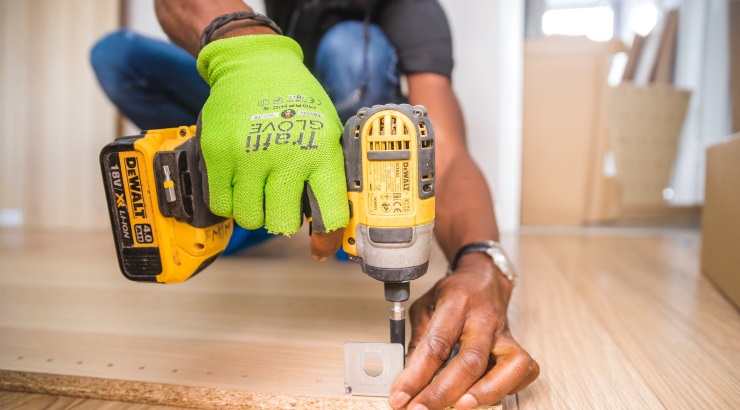Features
5 Essential Steps to Hiring a Contractor
Referrals from people you trust are some of the best ways of getting a reputable contractor.

A construction project is a major investment that can give you sleepless nights if you end up with the wrong contractor.
In an industry teeming with many contractors, all exhibiting different levels of experience and expertise, it can be tasking for an investor to choose the right contractor for their project.
Here are five steps to choosing and hiring a great contractor:
1. Have a plan
Before you even start thinking of a suitable contractor for your project, have a clear and detailed plan of the work you want done, the budget, the materials, and the timeline.
A lack of proper understanding of the project and what you want will make it difficult to compare contractors.
2. Get recommendations
Talk to friends, family, workmates, neighbours, or your architect. Referrals from people you trust are some of the best ways of getting a reputable contractor.
However, ask people who have comparable standards to yours since what might be good work to someone might not appeal to you.
3. Conduct research
Though referrals are a good starting point, they are not enough and you should therefore do a background check on the contractors to verify that they are licensed and insured.
Be sure to determine the contractor’s specialty since different contractors qualify for different types of projects.
Not all contractors can do renovation work and not all can construct new buildings.
RELATED: 5 Steps to Hiring a Contractor
Request for a site visit of any ongoing projects especially those similar to yours. In addition, check the contractor’s reference list to establish whether his clients were happy with what he delivered.
4. Set up meetings
From your research, carry out interviews and get several bids; at least three.
Consider the cost estimate keeping in mind that the most expensive is not an indicator of the best workmanship while low estimates could lead to the use of substandard materials and poor service.
Enquire when construction is likely to start the projected completion time and whether the company will work on the project or sub-contract.
Ask, ask, ask; you simply cannot ask enough questions so keep going until you feel contented that they are the best for the job.
5. Get it in writing
For future reference, let all correspondence be in writing right from the first inquiry. Use emails instead of direct phone calls.
Even if it was a personal reference, avoid word-of-mouth promises since in case of a problem, it will be your word against the contractor.
Before construction commences or the first payment is made, sign an official contract and ensure it contains the following:-
a) Extensive breakdown of materials,
equipment, and labour costs.
b) Commencement date, dates when certain works will be carried out, and completion date.
c) Payment terms and due dates.
It is important to note that construction comes with a lot of uncertainties which can result in changes in estimated timelines and costs.
You should therefore set aside 5 to 10 percent of your total budget for unforeseen costs.














